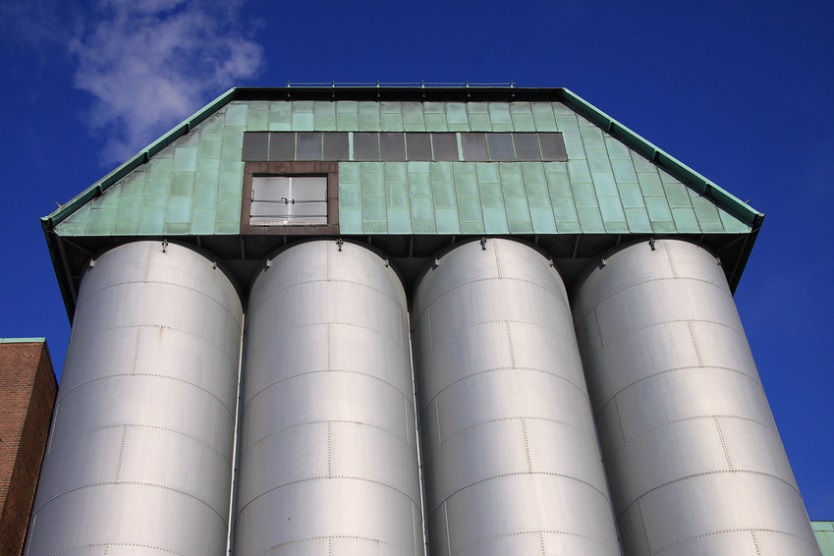
Next summer 120 litres of groundwater per second will be conveyed to office buildings in Munich where it will be heated or cooled for multiple purposes.
© fotolia.com/Sven Petersen
Stadtwerke München (SWM) has started boring for five wells at Ramersdorf to feed a new “district cooling network” which will stretch for 2.2 kilometres under the city centre. Four of the wells for extracting and then returning groundwater to the natural gravel layer will be made 15–20 metres deep, while an innovative horizontal filter well, comprising three filter strings each 40 metres long, will be installed at a depth of 17 metres.
Next summer, the wells will start feeding up to 120 litres of water per second into the network.
Groundwater will be conveyed to office buildings in Balanstrasse where it will be heated or cooled for multiple purposes, before being returned to the subterranean layer. The buildings will be fitted with low-temperature heat pumps (for example, waste heat from the City Hall’s IT centre will be used to heat the groundwater) as well as refrigeration machines and hybrid models which can produce heat and cold simultaneously.
The groundwater will be used three times: for direct cooling of buildings at 12–14°C-celsius, as a low-temperature heat source, and for re-cooling of the chillers. The heat and cold capacity of the plants will be 3 megawatts. During the summer months when Munich can become uncomfortably hot, the cooling network will reduce energy consumption by up to 70 percent compared with air conditioning.
"The efficient combination of heat and cold generation…is a further step by SWM towards protecting groundwater,” the company’s technical director Helge-Uve Braun explains in a press release. “Dual use means that the temperature of groundwater is not changed as much as if cooling alone were generated. The existing reservoir can thus be managed in a more environmentally friendly way”.
SWM hopes to expand district heating throughout the city and has contracts in place with 75 hotels, shops and office buildings and to build 12 decentralised cooling supply systems.


